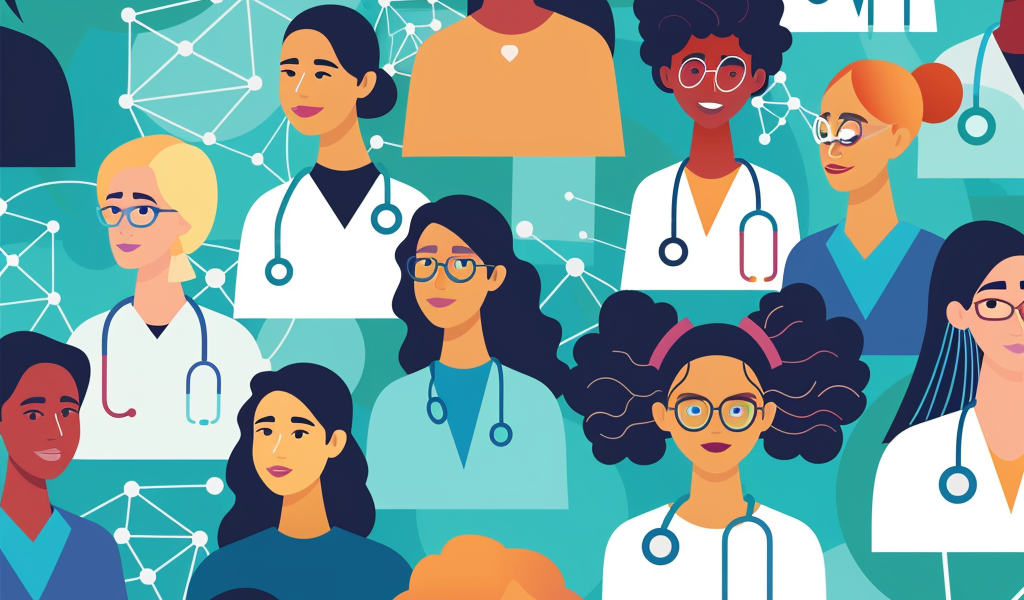Artificial Intelligence (AI) has been making waves in various industries, promising to revolutionize operations and spark innovation. One area where AI holds significant potential is in transforming women’s healthcare.
Despite women making up half of the global population, the healthcare industry has historically lagged in providing products and services tailored to women’s specific needs. A McKinsey report reveals that women spend more time in poor health compared to men, impacting their productivity and earning potential.
AI, particularly generative AI (GenAI), is poised to bridge the gaps in women’s healthcare. By leveraging AI technologies, the healthcare sector can expedite research and development processes to cater specifically to women’s health requirements.
Historically, healthcare research has often excluded women, leading to a lack of understanding of health issues unique to them. Prior to 1993, women were rarely included in clinical trials due to concerns about the impact of hormones and reproductive systems on study outcomes. This exclusion has resulted in a lack of knowledge about the effectiveness of many drugs and medical devices in women.
Including women in medical studies is crucial as they possess physiological and hormonal differences that can influence disease presentation and treatment outcomes. By incorporating AI into healthcare research, the industry can address these historical disparities and pave the way for more inclusive and effective healthcare solutions for women.





